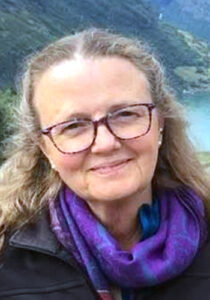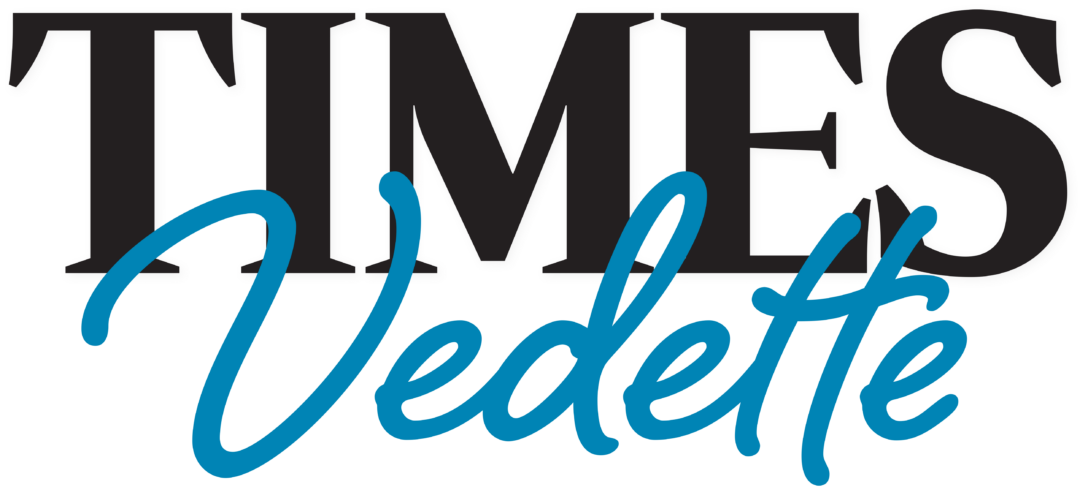Dr. Kata McCarville
Dr. Kata McCarville will join Whiterock Conservancy on July 21 at the Bur Oak Visitor Center from 10 a.m. to noon. If you have a treasured rock or fossil you are curious about, Dr. McCarville can do identifications before or after the talk. Pack and transport items carefully as many are fragile.
Iowa’s geological past is reflected in its phenomenal fossil record, which includes many extinct organisms, from trilobites to giant ground sloths. With a focus on the “Ice Age” Pleistocene megafauna — mammoths, mastodons, saber-toothed cats, bison, and others — we will learn about how animals influence plant communities and landscapes, and where some of the impacts of extinction on Iowa’s ecosystems can still be seen today. Join to learn about Iowa’s extinct ecosystems and what has been left behind to learn from.
Dr. McCarville got started with Iowa geology in 2005 when she joined the faculty at Upper Iowa University in Fayette. Born at the confluence of the Missouri and Mississippi Rivers, she is a river rat. She’s spent time on and along many Iowa rivers, as well as the Colorado, Green, Platte, Snake, and Mississippi.
Dr. McCarville has roots in the Midwest but grew up in California. She studied geology at UCLA as an undergraduate and worked as a uranium miner in Wyoming after graduation. She took a master’s degree in geology Colorado School of Mines, working on uranium deposits in the Red Desert basin of Wyoming, and then worked for a number of years in computing and networking at universities and for engineering consulting firms. As a Bush Foundation Leadership Fellow, she did her doctoral work in avian paleontology of Fossil Lake, Oregon, at the South Dakota School of Mines. Her work resulted in an innovative interpretation for the locality, as a volcanic maar.
Dr. McCarville’s interests span the earth and environmental sciences and often cross disciplinary boundaries. Her current research centers on the origins of the Iowan Erosion Surface, soil health and soil organisms, and the role of disturbance in prairie ecosystems.
These programs are free and open to the public. Call the Whiterock Conservancy office at 712-790-8221 x2 or email guestinfo@whiterockconservancy.org for questions or more information. Whiterock Conservancy is located at 1436 Highway 141, Coon Rapids.
